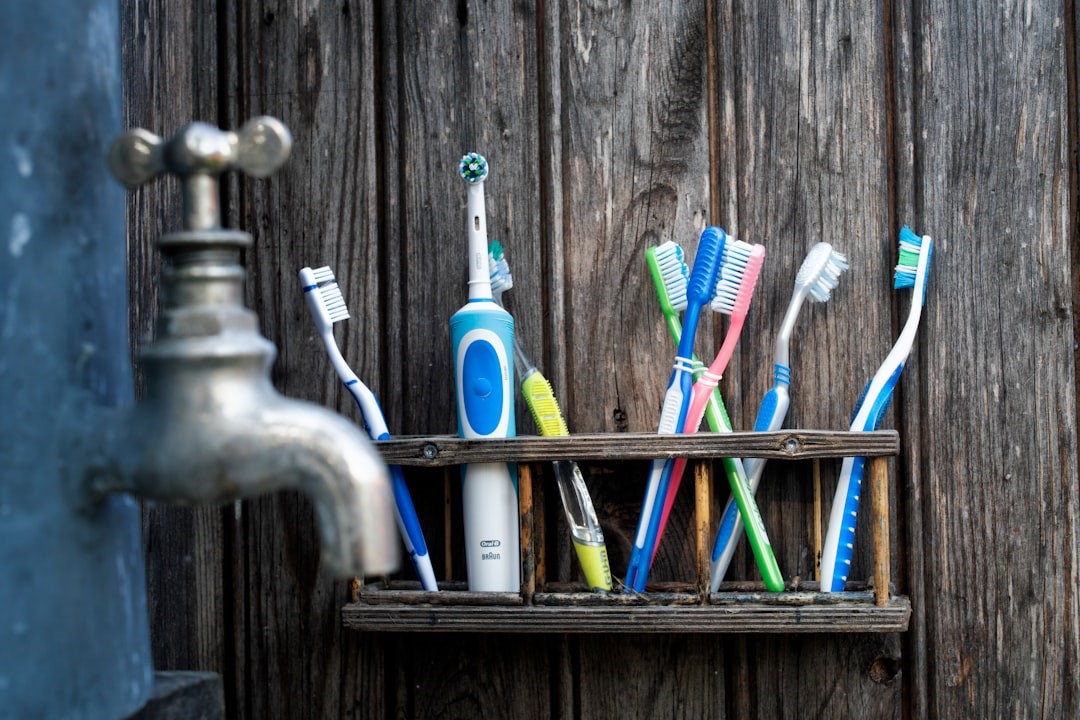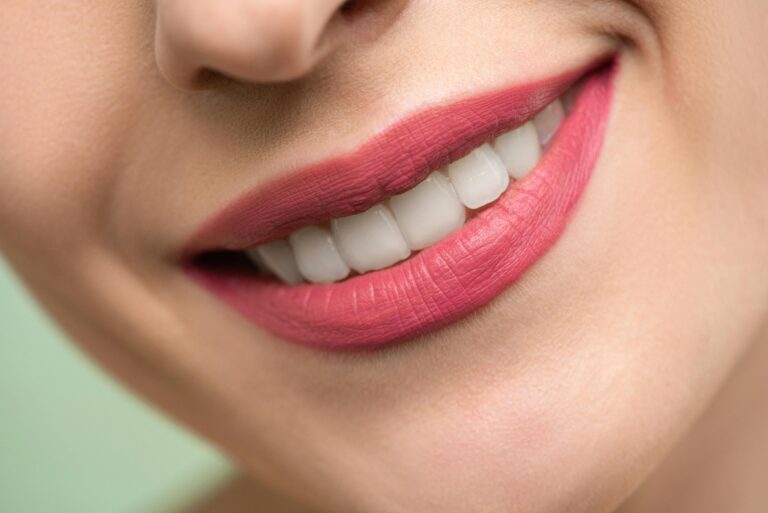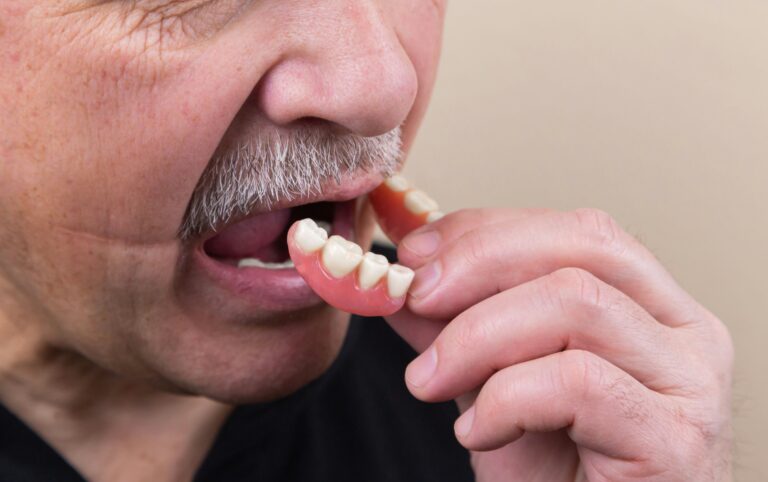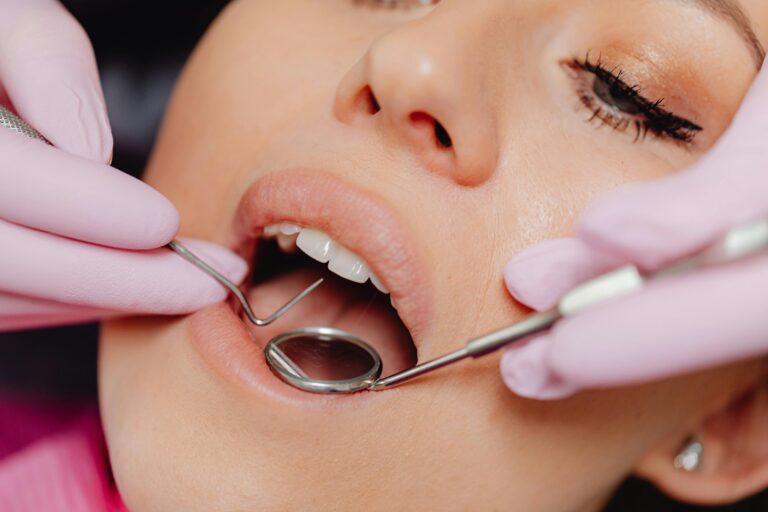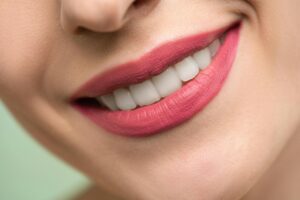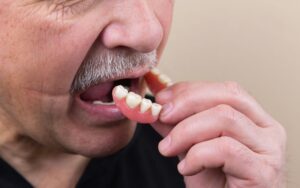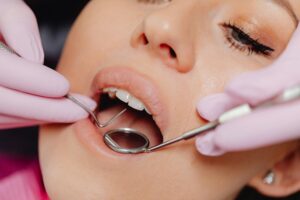Tips for selecting dental care products tailored to your needs.
Choosing the right toothbrush and toothpaste is a crucial step in maintaining good oral health. Yet, with countless options available, making the right choice can be overwhelming.
This guide aims to simplify the process. It provides practical tips and considerations to help you select dental care products tailored to your needs.
We’ll delve into the importance of toothbrush bristle type, size, and shape. We’ll also explore the significance of toothpaste ingredients and how to interpret labels.
Additionally, we’ll discuss the role of dental professionals, like those at Sandgate Family Dental, in providing personalised advice. Regular check-ups and teeth cleaning sessions can further enhance your dental hygiene.
By the end of this guide, you’ll be equipped to make informed decisions about your dental care products. Let’s embark on this journey towards better oral health together.
Understanding the Basics of Dental Care Products
Dental care products are more than just tools for cleaning your teeth. They play a vital role in maintaining your oral health.
The right toothbrush and toothpaste can help prevent cavities, gum disease, and other dental issues. On the other hand, the wrong choices can lead to discomfort or even damage.
When choosing dental care products, consider the following factors:
- Bristle type
- Toothbrush size and shape
- Manual or electric toothbrush
- Toothpaste ingredients
The Importance of Toothbrush Bristle Type
Toothbrush bristles come in various types: soft, medium, and hard. Your choice can significantly impact your gums and enamel.
Soft bristles are generally recommended by dentists. They are gentle on the gums and sufficient for removing plaque and debris.
Medium and hard bristles, while effective at cleaning, can be harsh. They may cause gum recession or enamel wear if used with excessive force.
Selecting the Right Toothbrush Size and Shape
The size and shape of your toothbrush also matter. They affect how effectively you can clean your teeth.
A toothbrush head should be small enough to reach all areas of your mouth. This includes the back teeth, which are often neglected.
The handle should be comfortable and easy to grip. This ensures better control while brushing.
Manual vs. Electric Toothbrushes: Pros and Cons
The debate between manual and electric toothbrushes is ongoing. Both have their pros and cons.
Manual toothbrushes are:
- Affordable
- Easy to use
- Convenient for travel
On the other hand, electric toothbrushes:
- Provide more efficient cleaning
- Are easier for people with limited mobility
- Often have built-in timers for optimal brushing duration
Your choice depends on your personal preferences, needs, and budget. Consulting with a dentist at Sandgate Family Dental can provide further guidance.
The Significance of Toothpaste Ingredients
Toothpaste ingredients play a crucial role in oral health. They determine the toothpaste’s effectiveness in cleaning, whitening, and protecting your teeth.
The most common ingredients include fluoride, abrasives, and flavouring agents. Some toothpastes also contain special ingredients for specific dental needs.
When choosing toothpaste, consider the following:
- The presence of fluoride
- The type and amount of abrasive
- Any special ingredients for sensitivity, gum health, or whitening
Fluoride: The Cavity Fighter
Fluoride is a key ingredient in most toothpastes. It’s known for its cavity-fighting properties.
Fluoride helps remineralise tooth enamel. This strengthens the teeth and makes them more resistant to decay.
However, too much fluoride can lead to fluorosis, especially in children. It’s important to use the right amount.
Always supervise young children while brushing to ensure they don’t swallow toothpaste.
Natural and Specialty Toothpastes
Natural toothpastes are a popular choice for those with chemical sensitivities or preferences. They often contain ingredients like baking soda, essential oils, and herbal extracts.
Specialty toothpastes cater to specific dental needs. These include toothpastes for sensitivity, gum health, dry mouth, and more.
While these options can be beneficial, it’s essential to ensure they meet your dental needs. Consult with a dentist at Sandgate Family Dental for personalised recommendations.
Personalized Dental Care: Consulting with Your Dentist
Choosing the right dental care products is a personal decision. It should be based on your unique dental needs and preferences.
A dentist can provide valuable insights into your oral health. They can recommend products that are best suited to your needs.
Consulting with a dentist at Sandgate Family Dental can help you make informed decisions. They can guide you through the process of choosing the right toothbrush and toothpaste.
Why Regular Check-Ups at Sandgate Family Dental Matter
Regular dental check-ups are crucial for maintaining oral health. They allow for early detection and treatment of dental issues.
At Sandgate Family Dental, we provide comprehensive dental check-ups. These include professional teeth cleaning and oral health assessments.
Regular visits to Sandgate Family Dental can help you maintain a healthy smile. They also provide an opportunity to discuss your dental care routine and product choices.
Tailoring Dental Products to Your Needs
Everyone’s dental needs are different. Some people may need toothpaste for sensitive teeth, while others may benefit from a toothbrush with softer bristles.
Your dentist at Sandgate Family Dental can help identify your specific needs. They can recommend products that are tailored to your oral health conditions and preferences.
Remember, the right dental care products can make a significant difference in your oral health. Always choose products that are suited to your individual needs.
Maintaining Your Dental Hygiene Routine
A consistent dental hygiene routine is key to maintaining oral health. It involves more than just choosing the right toothbrush and toothpaste.
Your routine should include regular brushing and flossing. It’s also important to visit your dentist at Sandgate Family Dental for regular check-ups.
Here are some tips for maintaining a good dental hygiene routine:
- Brush your teeth at least twice a day.
- Floss daily to remove plaque from between your teeth.
- Visit your dentist regularly for check-ups and professional teeth cleaning.
When to Replace Your Toothbrush
Your toothbrush won’t last forever. It’s important to replace it regularly to ensure effective cleaning.
Dentists recommend replacing your toothbrush every three to four months. You should also replace it sooner if the bristles become frayed or worn out.
Remember, a worn-out toothbrush won’t clean your teeth effectively. Regular replacement ensures that your toothbrush is always in good condition.
The Role of Additional Dental Care Products
In addition to a toothbrush and toothpaste, other dental care products can enhance your oral hygiene. These include dental floss, mouthwash, and interdental cleaners.
Dental floss helps clean the spaces between your teeth. It removes plaque that your toothbrush can’t reach.
Mouthwash can help freshen your breath and kill bacteria. It’s a useful addition to your dental care routine, but it’s not a substitute for brushing and flossing.
Conclusion: The Holistic Approach to Dental Health
Choosing the right toothbrush and toothpaste is a crucial part of dental health. But it’s just one piece of the puzzle.
Regular visits to your dentist at Sandgate Family Dental are also important to ensure you are getting the right advice for you.
Remember, a holistic approach to dental health includes the right products, a consistent routine, and professional care.

